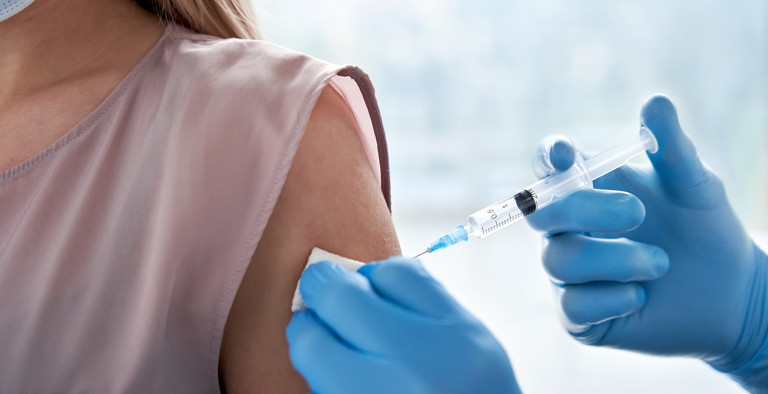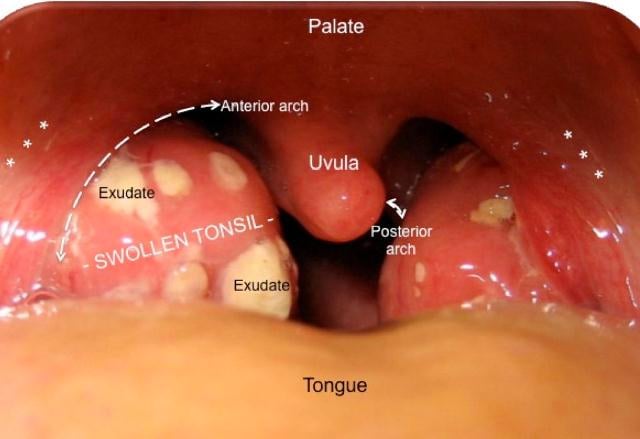I remember getting my first flu shot as an adult—not because I was worried about getting sick, but because my doctor said it would help protect people around me. That really stuck with me. Vaccination isn’t just personal protection—it’s a public responsibility.
In a world full of information (and misinformation), it’s more important than ever to understand what vaccines do, how they work, and why they’re one of the most powerful tools in modern medicine.
So, let’s clear the air and talk about why vaccinations matter—for you, your family, and your community.
💉 What Are Vaccines, and How Do They Work?

Vaccines are biological preparations that stimulate your immune system to recognize and fight specific diseases—without actually causing the illness.
Here’s how it works:
-
A vaccine introduces a weakened or inactivated part of a virus or bacteria (called an antigen) into your body.
-
Your immune system responds by producing antibodies.
-
These antibodies “remember” the disease and will recognize and fight it faster if you’re exposed in the future.
Think of it like a training exercise for your immune system—so it’s ready for the real thing.
🛡️ Why Are Vaccinations Important?
There’s a reason vaccines have been called one of the greatest public health achievements of all time. They’ve eliminated, reduced, or controlled some of the deadliest diseases in human history.
Vaccines help:
-
Prevent serious illness and death (think measles, polio, whooping cough)
-
Protect vulnerable populations who can’t get vaccinated (like newborns or those with immune conditions)
-
Slow or stop outbreaks by building herd immunity
-
Reduce healthcare costs and strain on hospitals
-
Support safe travel, work, and school environments
If you’ve never seen smallpox or polio in your lifetime, thank vaccination programs.
🌍 A Look at Vaccine Success Stories
Here are a few examples of how vaccines have transformed global health:
✅ Smallpox
Eradicated worldwide in 1980 thanks to a massive global vaccination effort. Before that? It killed millions.
✅ Polio
Now nearly wiped out in most of the world. The number of cases has dropped by over 99% since 1988.
✅ Measles
Once extremely common, now rare in many countries—though outbreaks still happen when vaccination rates dip.
✅ COVID-19
While not eliminated, vaccines have drastically reduced severe illness and death, especially during peak waves.
Vaccines don’t just work in theory—they work in real life, over and over again.
🧠 Common Questions About Vaccines
Let’s bust a few myths and clarify what people often wonder about:
❓ Are vaccines safe?
Yes. Vaccines are rigorously tested through multiple phases of clinical trials before approval. After that, they’re constantly monitored for safety.
❓ Can vaccines cause the disease they prevent?
No. Most vaccines use inactive or non-infectious parts of the virus. They can’t cause the full illness.
❓ What about side effects?
Mild side effects (like soreness or low fever) are common and temporary. Serious side effects are very rare—and the benefits far outweigh the risks.
❓ Do I still need vaccines as an adult?
Yes! Adults may need:
-
Flu shots annually
-
Tetanus boosters every 10 years
-
HPV, shingles, pneumonia, or COVID-19 vaccines based on age and risk
Talk to your doctor to see what you’re due for.
👶 Vaccines and Children: A Strong Start
Kids typically receive a schedule of vaccines from birth through adolescence to protect against:
-
Measles, mumps, and rubella (MMR)
-
Diphtheria, tetanus, and whooping cough (DTaP)
-
Polio
-
Hepatitis A and B
-
Chickenpox
-
Meningitis
-
HPV (for teens)
Following this schedule builds lifelong protection and helps prevent outbreaks in schools and communities.
🌐 The Role of Herd Immunity
Herd immunity happens when enough people in a community are immune to a disease—either through vaccination or past infection—making it hard for the disease to spread.
This protects:
-
Babies too young for vaccines
-
People with allergies or medical conditions that prevent vaccination
-
Those with weakened immune systems
By getting vaccinated, you’re helping protect those who can’t protect themselves.
✅ Final Thoughts: Vaccination Is a Shared Responsibility
Vaccines don’t just protect you—they protect everyone around you. They’re a simple act with a massive impact.
In a world where diseases can spread globally in hours, vaccines are our first line of defense, offering protection, peace of mind, and the power to prevent suffering.
So if you’re wondering whether to get that shot, update your records, or take your child in for their next vaccine—do it. It’s one of the easiest, most effective ways to care for your health—and the world.



